As a BetterHelp affiliate, we receive compensation from BetterHelp if you purchase products or services through the links provided
For many couples, getting married is a significant milestone and often signifies a joyous and celebratory time. However, it is not uncommon for people to experience depression and anxiety as they approach this momentous occasion. What might seem like pre-wedding jitters could sometimes be a more profound emotional issue that needs to be addressed before walking down the aisle.
These emotions can be triggered by the stress of planning the wedding, concerns about the future, or even doubts about the relationship. It is essential to understand that feeling depressed before getting married is not necessarily a bad omen for the marriage itself but rather an opportunity to reflect on and address the upcoming event’s emotions and issues.
Key Takeaways
- Feeling depressed before getting married can be due to the stress of planning or concerns about the future.
- Identifying and addressing the causes of pre-wedding depression can lead to a stronger relationship.
- Seeking professional help and utilizing coping strategies can help individuals manage and overcome pre-wedding depression.
 Understanding Depression and Anxiety Before Marriage
Understanding Depression and Anxiety Before Marriage
Types of Depression and Their Symptoms
Depression and anxiety are common mental health issues that may arise for some individuals before marriage. It’s important to recognize the different forms of depression to understand the symptoms better and seek appropriate help.
- Major Depressive Disorder (MDD): This is the most common form of clinical depression. Symptoms include persistent sadness, loss of interest in activities, changes in appetite and sleep patterns, and feelings of worthlessness.
- Persistent Depressive Disorder (PDD): Also known as dysthymia, this is a long-term, chronic form of depression with symptoms lasting at least two years. The symptoms are similar to MDD but may be less severe.
- Seasonal Affective Disorder (SAD): This type of depression occurs during specific seasons, typically winter, and is characterized by symptoms like fatigue, social withdrawal, and increased sleep duration.
Individuals suffering from anxiety may experience excessive worry, difficulty concentrating, irritability, and restlessness. It is important to remember that everyone’s experience with anxiety is unique and may present differently.
Link Between Depression and Marriage
There is a connection between depression and marriage, as the prospect of a lifelong commitment can evoke anxiety and stress. This may be due to factors such as:
- Changes in lifestyle and responsibilities: Transitioning from single to married life can significantly change one’s routines and responsibilities. It may lead to adjustment-related stress and anxiety.
- Financial considerations: Marriage often involves merging finances and taking on new financial responsibilities, adding pressure and contributing to feelings of anxiety.
- Relationship dynamics: Differences in values, communication styles, and expectations can lead to conflict, amplifying feelings of depression and anxiety.
Although it is natural to experience stress and worry before marriage, individuals must differentiate between typical pre-wedding jitters and more serious issues like depression and anxiety. Seeking help from mental health professionals, such as therapists or counselors, can be beneficial in managing and coping with these emotions.
 Causes of Pre-Wedding Depression
Causes of Pre-Wedding Depression
Wedding Planning Stress
Pre-wedding depression often stems from the stress associated with wedding planning. Many people can feel overwhelmed by the numerous responsibilities and challenges of organizing such an important event. From managing budgets to coordinating vendors, grappling with these tasks can significantly contribute to one’s emotional upheaval.
Societal Expectations
Societal expectations can also play a significant role in pre-wedding depression. Couples frequently experience pressure to stage a perfect wedding and adhere to established customs and traditions. These expectations can lead to feelings of inadequacy and self-doubt, causing emotional strain.
Uncertainty
Another common cause of pre-wedding depression is uncertainty about the future. As individuals prepare to navigate a significant life transition, they may experience anxiety and apprehension about potential changes in their relationships, careers, and lifestyles. This uncertainty can cause stress and feelings of depression.
Fear of Commitment
Lastly, fear of commitment is another factor that can contribute to pre-wedding depression. The impending permanence of marriage – the lifetime promise to one partner – can evoke anxiety, doubt, and sadness for some individuals. Recognizing and addressing these fears is crucial to managing and overcoming pre-wedding depression.
 Manifestations of Pre-Wedding Depression
Manifestations of Pre-Wedding Depression
Alterations in Sleep and Eating Habits
Some individuals may experience changes in their sleep and eating habits in the weeks leading up to their wedding. They might have difficulty falling or staying asleep, leading to constant tiredness and a lack of energy. Alternatively, sleep may become excessive as a means of escape. As for eating habits, some might see a decrease or increase in appetite, potentially resulting in weight fluctuations. It’s important to acknowledge and address these changes, as they can contribute to feelings of depression.
Feelings of Hopelessness and Guilt
As the wedding approaches, feelings of hopelessness and guilt could arise due to various reasons, such as financial strain, self-doubt, or concerns about fulfilling the expectations of family members and friends. These emotions can create a sense of burden on not just the individual but also their partner. Recognizing these feelings and seeking support can help alleviate the negative emotions associated with pre-wedding depression.
Experiencing Negative Thoughts
Negative thoughts are a common manifestation of pre-wedding depression. For instance, the individual may worry about the future, doubt their partner’s commitment, or fear that they are making the wrong decision. These negative thoughts can create a cycle of anxiety and uncertainty, resulting in feelings of sadness and despair. It is essential to address and challenge these thoughts by focusing on the positive aspects of their relationship and seeking the counsel of a trusted friend or therapist.
 Effects on the Relationship
Effects on the Relationship
Trust and Communication Issues
Depression before marriage can cause trust and communication issues in a relationship. People who struggle with negative emotions may withdraw from conversations or find it difficult to express their feelings. This can lead to misunderstandings and create a sense of distance between partners. Furthermore, depression can cause individuals to doubt themselves and their decisions, which could negatively impact their ability to trust their partner.
Sex and Intimacy Struggles
Depression can also impact a couple’s sex life and intimacy. A person experiencing depression may have a decreased libido, resulting in less interest in sexual activities. They may also struggle with self-esteem, leading to difficulties in feeling confident and comfortable during intimate moments. This can create a disconnect between partners and may even lead to feelings of rejection or inadequacy.
Setting Boundaries
Establishing and maintaining boundaries in a relationship is essential. However, if one partner is dealing with depression, this might become challenging. The depressed individual might struggle to assert their needs or even recognize their own boundaries. This can lead to an imbalance in the relationship, where one partner may feel overwhelmed or burdened by the other’s emotional needs. Couples must be aware of this potential issue and work together to set and maintain healthy boundaries for the success of their relationship.
Professional Help and Support
 Role of Mental Health Professionals
Role of Mental Health Professionals
Seeking the assistance of a mental health professional can be an essential step in overcoming pre-wedding depression. Depending on the individual’s needs and preferences, they might consider consulting a clinical psychologist, psychotherapist, or a group of mental health professionals. These experts can help identify the root causes of depression and provide personalized guidance to cope with stress and negative emotions.
Therapy and Treatment Options
Various therapy and treatment options are available to individuals dealing with depression before their wedding. Some of the most common methods include:
- Cognitive-behavioral therapy (CBT): This therapy helps individuals recognize and challenge negative thought patterns, replacing them with healthier ones.
- Couples counseling: Engaging in joint therapy sessions with the future spouse can help both partners better understand each other’s concerns and feelings.
- Stress management techniques: Meditation, deep-breathing exercises, or other relaxation techniques can help regulate stress levels.
Remember that each individual’s therapeutic needs and preferences may vary, so discussing several options with a mental health professional is advisable.
Open Communication with Partner
Maintaining open communication with one’s partner is crucial in addressing pre-wedding depression. Discussing positive and negative emotions can help foster mutual understanding, build trust, and strengthen the couple’s bond. Providing emotional support and identifying effective strategies to cope with stress and anxiety is essential. This approach can help ease concerns and alleviate depressive symptoms. Involving a mental health professional in these conversations may offer valuable insights and advice.
Coping Strategies and Prevention
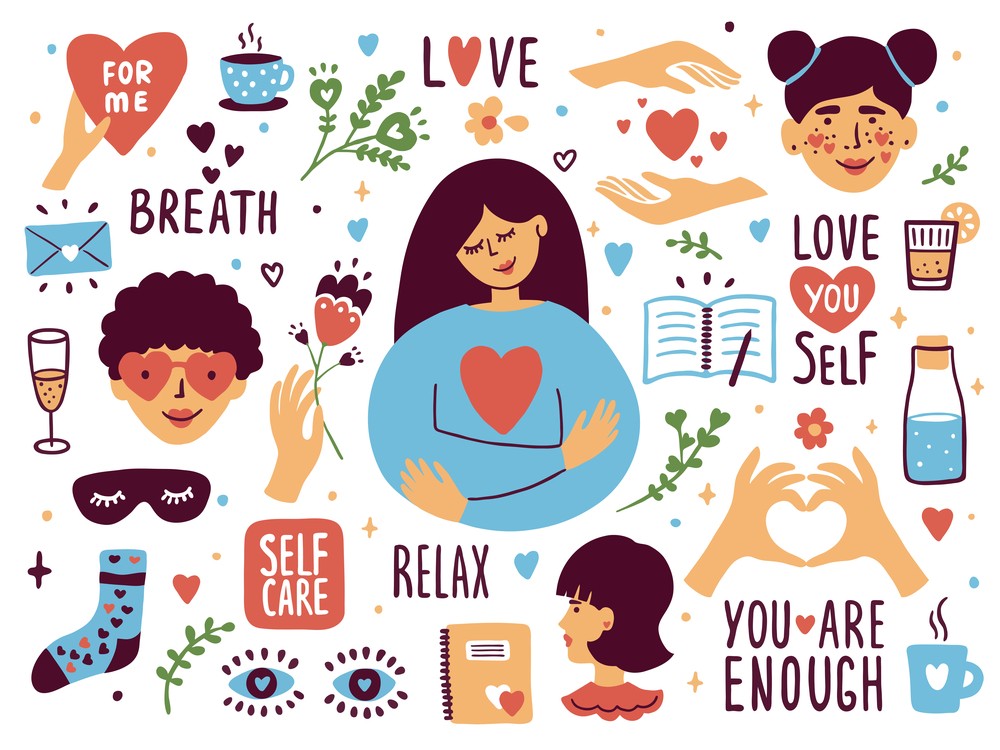
Importance of Self-Care
Maintaining strong mental health and resilience during the wedding planning period is essential. Prioritizing self-care is paramount in coping with stress, depression, and anxiety before marriage. This can be achieved by setting aside time for relaxation, engaging in hobbies, and surrounding oneself with a support system. Additionally, a balanced diet and adequate sleep contribute to improved emotional health.
Benefits of Regular Exercise
Incorporating regular physical activity is beneficial for mental well-being. Exercise increases the production of endorphins and serotonin, neurotransmitters that help regulate mood. As such, engaging in activities like running, swimming, or yoga can alleviate feelings of depression and anxiety. A consistent exercise routine can also lower stress levels by helping individuals feel more relaxed and in control.
| Exercise Type | Benefits |
|---|---|
| Aerobic | Increases heart rate, improves cardiovascular health, and reduces stress |
| Strength training | Builds muscle, enhances metabolism, and boosts confidence |
| Flexibility | Improves range of motion, reduces risk of injury, and promotes relaxation |
 Meditation and Mindfulness Practices
Meditation and Mindfulness Practices
Incorporating meditation and mindfulness techniques in daily life can help cope with stress and negative emotions. These practices promote relaxation, increase self-awareness, and foster a sense of inner peace. Some techniques include deep breathing exercises, guided imagery, and progressive muscle relaxation. Moreover, mindfulness practices encourage individuals to be fully present in the moment, resulting in reduced stress and increased emotional resilience.
Pre-Wedding Depression Versus Post-Wedding Blues
Transition and Adjustments After Wedding
It is normal for individuals to experience various emotions before and after getting married. While pre-wedding depression may stem from the stress and overwhelming nature of planning the event, post-wedding blues can arise from the adjustments and transitions after the wedding.
After the excitement subsides, newlyweds often navigate new roles and responsibilities with a life change. This can lead to feelings of disappointment or loss, particularly if the reality doesn’t align with expectations. Couples must acknowledge these emotions and recognize that it’s a natural part of the process.
Dealing with Disappointments and Loss
Disappointment can arise from several sources during the post-wedding period. Some common reasons may include:
- The honeymoon phase ending
- Unmet expectations or unfulfilled dreams
- The realization that marriage can’t solve all issues
- Difficulty adjusting to new relationships with in-laws and friends
- Financial stress related to wedding expenses
Acknowledging these feelings and identifying their sources is a valuable first step in dealing with post-wedding depression. Once couples understand the root causes of their disappointment, they can develop strategies to cope, such as:
- Communication: Express your feelings honestly and openly with your spouse, allowing for understanding and support.
- Set realistic expectations: Reevaluate any unrealistic notions about marriage and adjust expectations to match the reality of life as a couple.
- Focus on the positives: Shift your focus to the positive aspects of your new married life and avoid dwelling on unmet expectations.
- Seek help: If feelings of depression persist, don’t hesitate to seek professional help from a therapist or counselor.
Remember, it is common for couples to experience emotional ups and downs during the transition period after a wedding. Addressing and working through these feelings can help build a strong foundation for a happy and healthy marriage.
Conclusion
Feeling depressed before getting married is not uncommon and can result from various factors, such as pre-wedding anxiety and situational stress. Recognizing and addressing these feelings is important to maintain a healthy mental state.
Seeking professional help from a mental health expert can be beneficial in understanding and coping with these emotions. Additionally, discussing concerns with a partner or close friends can provide support and alleviate some of the pressure associated with wedding planning.
In many cases, pre-wedding depression is temporary and can be managed through effective communication, stress reduction techniques, and self-care. However, if the feelings persist or intensify, it may indicate an underlying mental health condition that requires further attention.
To summarize, experiencing depression before getting married is not unusual, and it is crucial to address such feelings to ensure a healthy and happy marriage.
Frequently Asked Questions
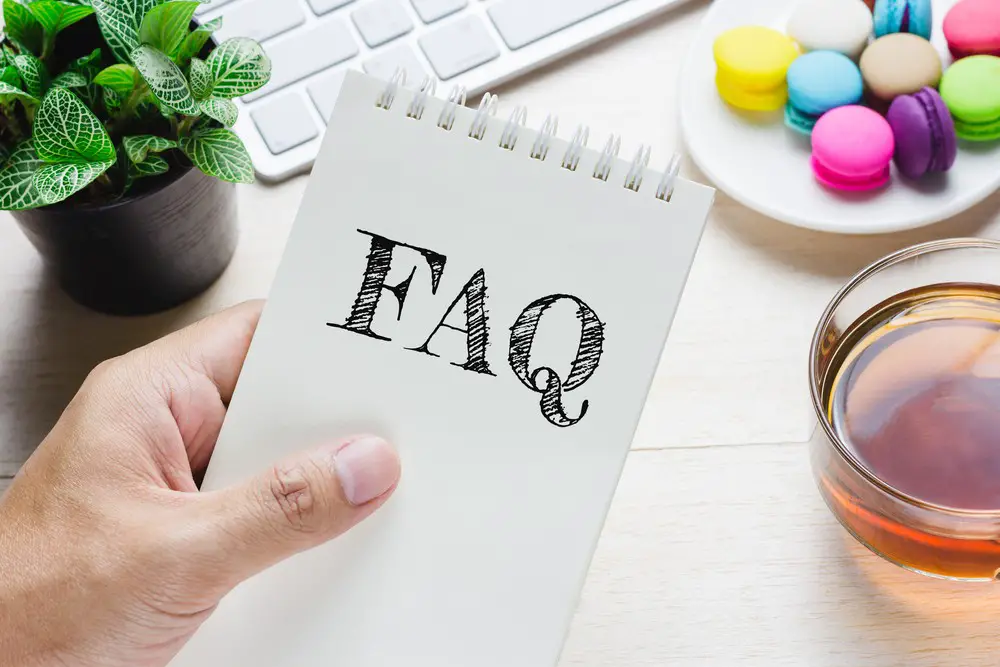
Is pre-wedding anxiety common?
Yes, pre-wedding anxiety is common. Many people experience stress and anxiety leading up to their wedding day. It’s normal to feel nervous about such a significant life event, and it’s essential to understand that you’re not alone in experiencing these emotions.
What are the symptoms of pre-wedding depression?
Symptoms of pre-wedding depression can vary, but common signs include feeling overwhelmed, persistent sadness or low mood, irritability, difficulty concentrating, changes in appetite or sleep patterns, and a loss of interest in previously enjoyed activities.
Why do I feel lonely before my wedding?
Feeling lonely before your wedding can be attributed to various factors, such as the stress of planning, changes in your relationships, or simply the reality of transitioning to a new phase of life. Contacting friends, family, or a mental health professional for support during this time is essential.
How to cope with panic attacks during the wedding ceremony?
If you’re experiencing panic attacks during the wedding ceremony, consider practicing deep breathing exercises, grounding techniques, or visualization to help calm your mind. You can also enlist a trusted friend or family member to support you in case of overwhelming anxiety.
What causes pre-wedding blues?
Several factors, including the stress of wedding planning, high expectations for the event, and the emotional transition to a new phase of life, can cause pre-wedding blues. Communicating with your partner and support system to address these feelings and work through them is essential.
How to deal with wedding anxiety when being the center of attention?
To deal with wedding anxiety when being the center of attention, it’s essential to practice self-care, engage in relaxation techniques, and remind yourself of the meaningful aspects of the event. Focusing on the significance and joy of committing to your partner can help alleviate stress about being in the spotlight.
I’m Jacob Maslow, a passionate writer on mental health topics driven by personal experiences. Taking Lexapro has been pivotal in my journey to manage my mental health. A dedicated advocate for therapy, I’ve weathered the emotional storm of dealing with a narcissistic ex who’s estranged me from our kids and persistently violated court orders. These heart-wrenching experiences haven’t deterred me; they inspire my daily long walks and reflections. I channel this into my writings, hoping to guide others through similar challenges, especially those dealing with narcissistic relationships. Furthermore, my legal site offers hope and assistance to parents grappling with custody conflicts and non-compliance. Remember, mental resilience can be cultivated no matter how tough the tide.
- Breaking the Silence: Why Men’s Mental Health Matters More Than Ever - April 15, 2025
- How to Transform a Home’s Patio Space into a Relaxing Space - March 23, 2025
- 5 Strategies to Use a Cell Phone to Help Manage Your Stress - March 23, 2025
This site contains affiliate links to products. We will receive a commission for purchases made through these links.


 Understanding Depression and Anxiety Before Marriage
Understanding Depression and Anxiety Before Marriage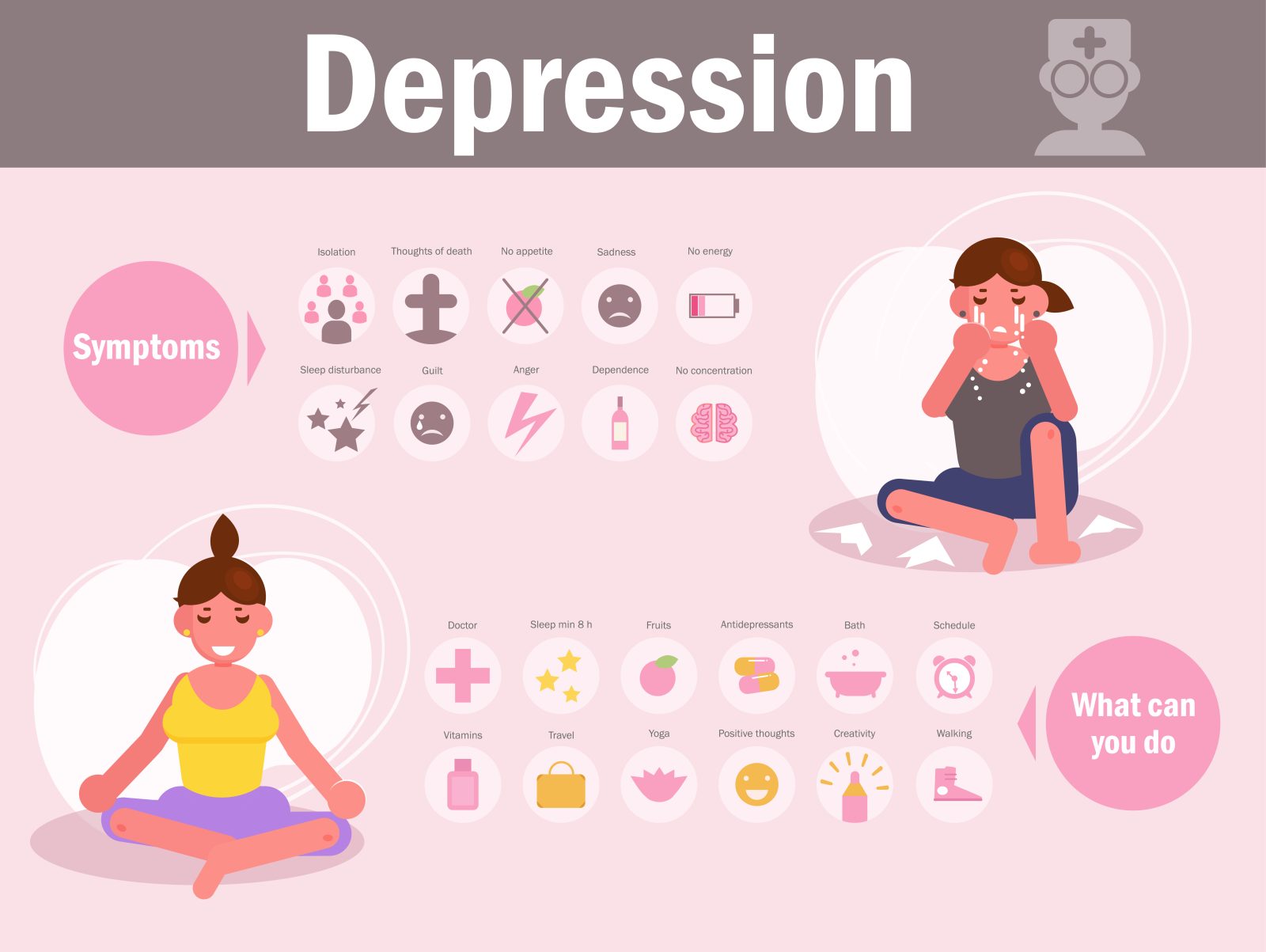 Causes of Pre-Wedding Depression
Causes of Pre-Wedding Depression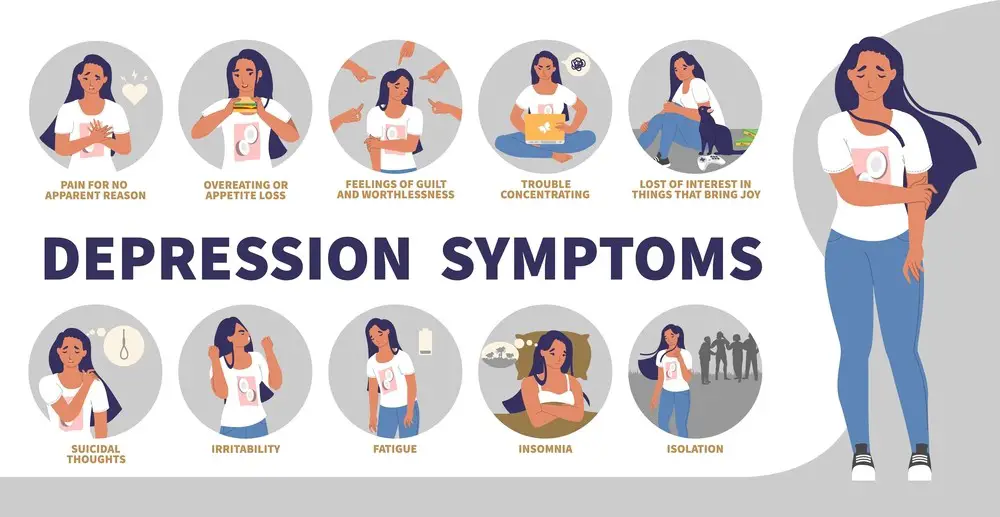 Manifestations of Pre-Wedding Depression
Manifestations of Pre-Wedding Depression Effects on the Relationship
Effects on the Relationship Role of Mental Health Professionals
Role of Mental Health Professionals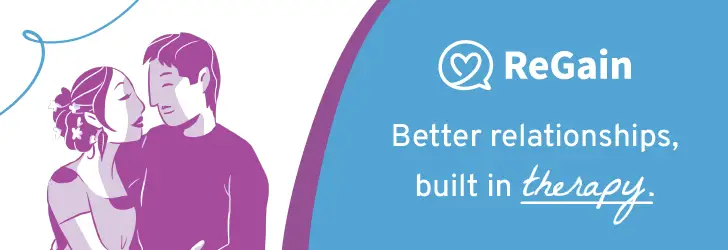
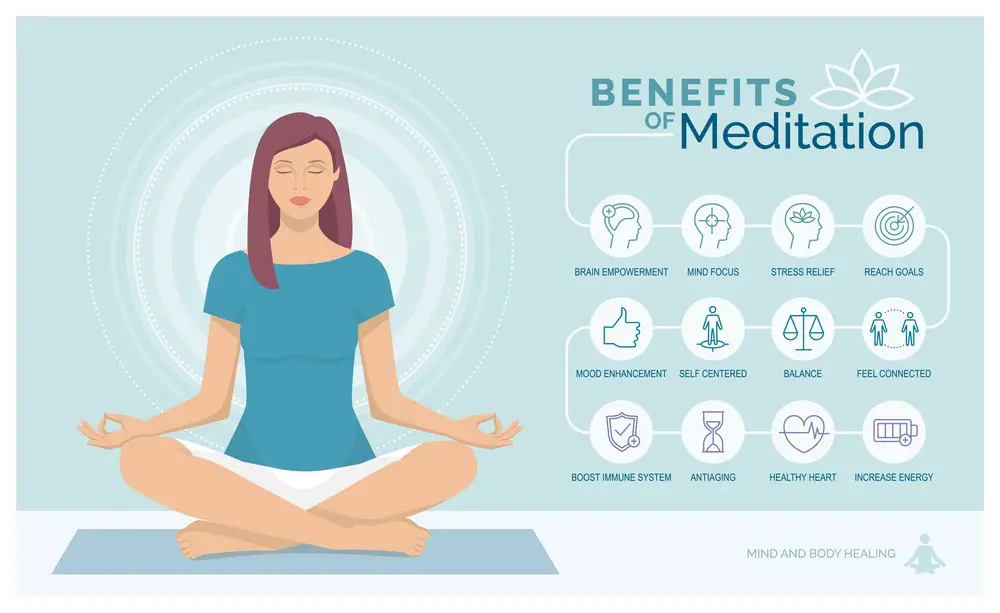 Meditation and Mindfulness Practices
Meditation and Mindfulness Practices


